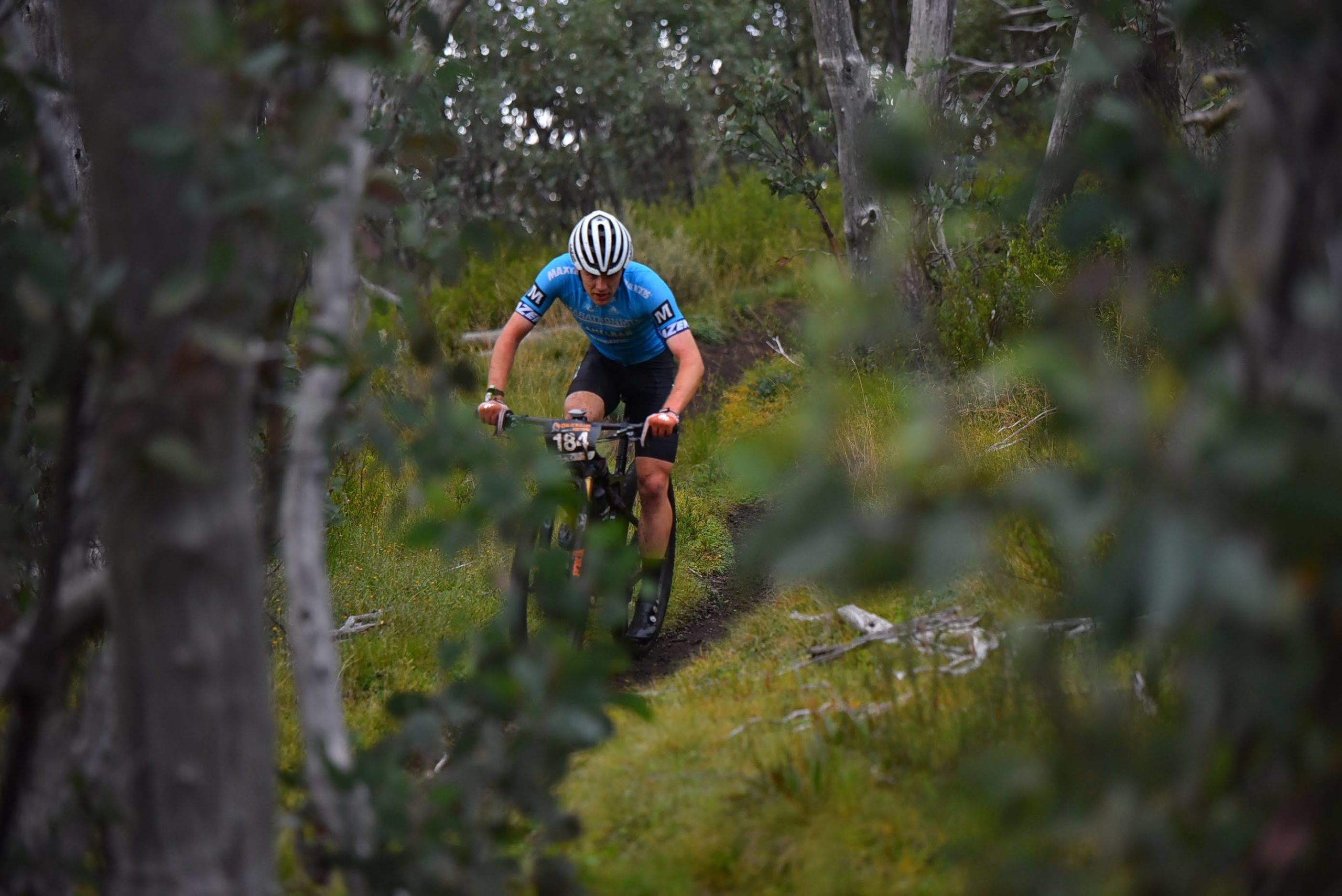With no foreseeable racing at a high level, it can be hard to find the motivation for training. I myself find training harder, but the usual OCD attitude towards training is slipping. Occasionally I have been taking the easy way out of intervals, or finding excuses not to complete a program, and let’s be honest, there are plenty of excuses available currently.
So how do you keep motivation up during this time? Changing your goals. I’m sure many people have heard of the different types of goal setting, Process goals, outcome goals and performance goals.
Process goals focus on, you guessed it, the process. They are based around what you are doing. For instance, a process goal could be completing 90% of your planned workouts.
Performance goals become slightly more specific, and are more related to the standard you complete the task. For instance, a performance goal could be keeping your power output within 10 watts of target, or increasing weight in the gym by 5% every week.
Lastly, outcome goals are the final target, and for cyclists are generally a result at a race. However, since there is no racing in the near future, we find ourselves needing to reassess these goals.

This brings me to my next point, all goal setting should follow the SMART principle, Specific, Measurable, Achievable, Relevant, Time related.
Simply put, the goal is serving a purpose, to motivate you and provide direction for the motivation. Therefore, it needs to be…
Specific, Eg: increase threshold power.
Measurable: increase threshold power by 20 watts
Achievable: can you realistically do this?
Relevant: For a road cyclist this is, but perhaps as a mountain biker, a shorter time period is more relevant. If you are in doubt, talk to a coach!
Time related: Increase threshold power by 20 watts in 3 months.
How I’m setting goals during COVID
My goal for the last year has been working on threshold power, and gradually increasing my training capacity. Since my coach, Jenni King, looks after the details of how to do this, I have the simple job of doing what she says.
Having said this, my goals are incredibly important, and change frequently. An example of a recent Performance goal was to work on my off the bike factors, stretching, nutrition, sleep. This meant breaking down each to have its own process goal. Stretch for 30 minutes after every ride. Calculate my nutritional requirements before a ride, and take extra. Sleep for 10 hours a night (I like my sleep).

These simple performance and process goals help take the focus away from the outcome goal, that can often seem distant and easy to ignore, while gradually adding up to result in your outcome goal.
For instance, in 2018, my 20 minute power was 329w. By 2019 it had increased to 359w, in February it was now 391w, and now it is 403w. These gradual increases are a result of focusing on the process, and the more attention you pay to the process, the faster and easier your outcome goals will materialise.
So what can you do without any races coming up? Think of some goals that relate to you, and then think of a way to get there. Working backwards, and following the process above, might just give you that extra motivation to get out on your bike, or in the gym.
If you are still struggling to get out on the bike, three of the MarathonMTB crew are fully accredited coaches, so get in contact with Justin (MindMattersAthlete), Ben in the UK (Ben Thomas Coaching), or myself (SamFoxMTB), and we can help you work towards your goals!
